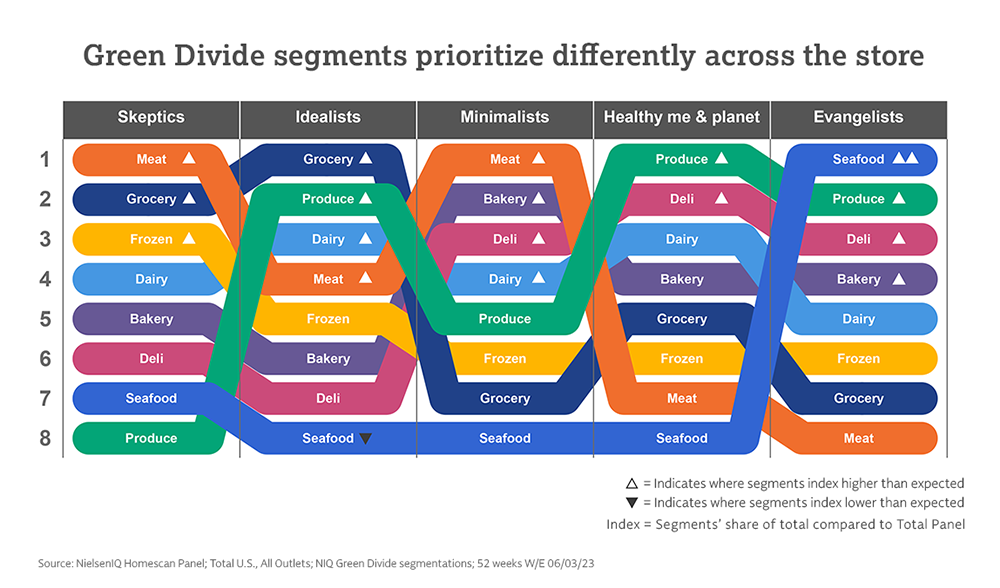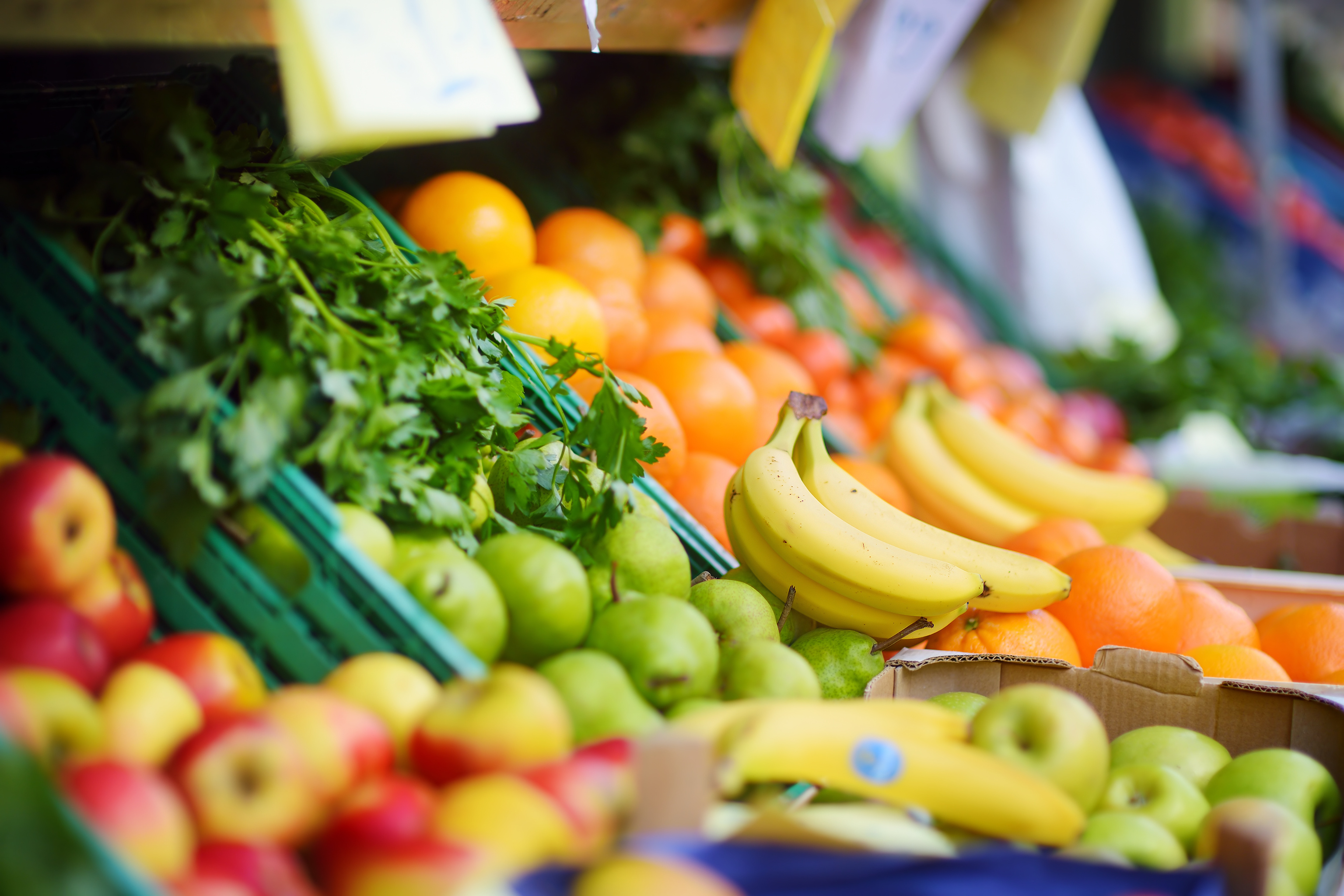This is the sixth installment in the FMI blog series on sustainability in the food industry. This series shares compelling research and covers aspects ranging from consumer perspectives to industry opportunities.
By: Steve Markenson, Vice President, Research & Insights, FMI

Does the attention on sustainability issues impact shoppers' food purchase behaviors? Shoppers are undoubtedly focusing more and more on sustainability, but do they just talk the talk, or do they actually walk the walk?
At this years' Fresh Foods Leadership Council meeting immediately following FMI's Fresh Forward event in Denver, Sherry Frey of NIQ shared some new research conducted by NIQ and McKinsey & Company that sheds light on the much sought, business case for sustainability.
This research shows that shoppers have proclaimed that sustainability is important, and more are focusing on sustainability than just a few years ago. But sustainability must hold up against other factors under consideration such as price, health, quality, safety, familiarity and more. When it comes to sales over the past year, NIQ found products that made sustainability claims had significantly higher growth rates than those without sustainability claims. Further, products that made sustainability claims had greater brand loyalty as displayed by shoppers buying them multiple times.
What I found most interesting from this research presentation was the segmentation of shoppers based on what they say, do and think about sustainability. Five segments emerged from the analysis:
- Evangelists (19% of shoppers) are those shoppers who walk the walk and look at sustainability across all its aspects. They are considering the full gambit of claims with a focus on social responsibility, ESG and eating a plant-based diet.
- Healthy Me & Planet (11% of shoppers) embrace the importance of sustainability, but to a lesser degree than Evangelists, as this segment focuses more on generic or broad claims (eco-friendly, green, biodegradable, etc.). They are also focused on health claims, while taking some action with their purchases.
- Minimalists (22% of shoppers) have a basic awareness but little motivation to buy sustainable products other than their desire to reduce pollution impacting a passing interest in sustainable packaging.
- Idealists (14% of shoppers) can be heard talking the talk but struggle to walk the walk. Their interests are mostly in sustainable sourcing and transportation.
- Skeptics (34% of shoppers) are unfortunately the largest segment of shoppers as they have low awareness of and place little priority on purchasing sustainable products.
While the presentation dove deeper into the demographics, psychographics, drivers and barriers for each group, this chart illustrates how each segment prioritizes their food spending across the store. Follow the lines for meat, seafood, produce and grocery (center store) as they change priority for each segment.

This was just one of the many insightful presentations as part of this year's Fresh Forward event. For more on NIQ's research and news, you can visit their Global Sustainability Hub.


 Industry Topics address your specific area of expertise with resources, reports, events and more.
Industry Topics address your specific area of expertise with resources, reports, events and more.
 Our Research covers consumer behavior and retail operation benchmarks so you can make informed business decisions.
Our Research covers consumer behavior and retail operation benchmarks so you can make informed business decisions.
 Events and Education including online and in-person help you advance your food retail career.
Events and Education including online and in-person help you advance your food retail career.
 Food Safety training, resources and guidance that help you create a company food safety culture.
Food Safety training, resources and guidance that help you create a company food safety culture.
 Government Affairs work — federal and state — on the latest food industry policy, regulatory and legislative issues.
Government Affairs work — federal and state — on the latest food industry policy, regulatory and legislative issues.
 Get Involved. From industry awards to newsletters and committees, these resources help you take advantage of your membership.
Get Involved. From industry awards to newsletters and committees, these resources help you take advantage of your membership.
 Best practices, guidance documents, infographics, signage and more for the food industry on the COVID-19 pandemic.
Best practices, guidance documents, infographics, signage and more for the food industry on the COVID-19 pandemic.
